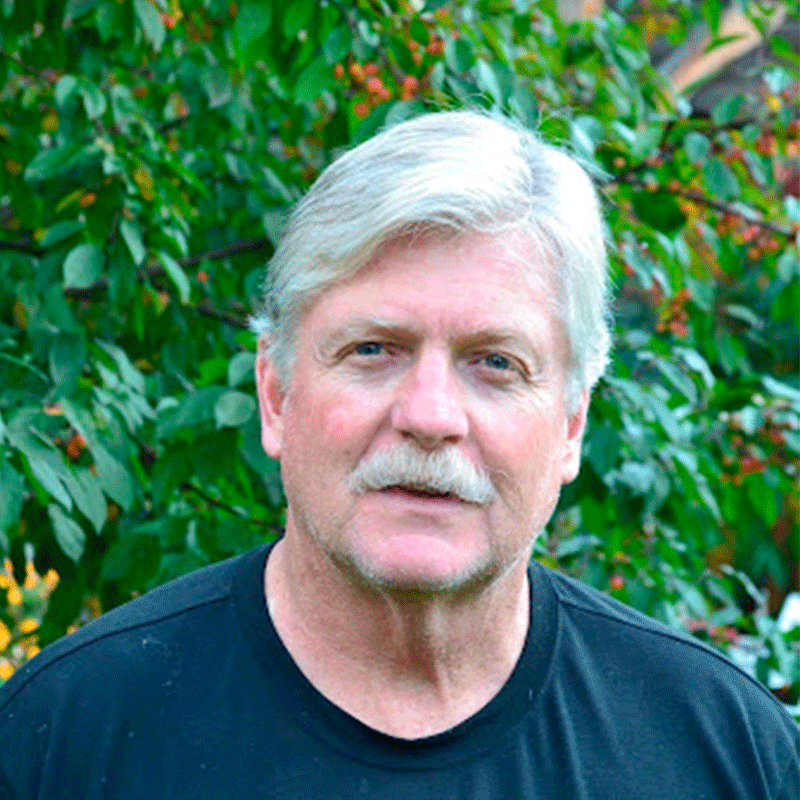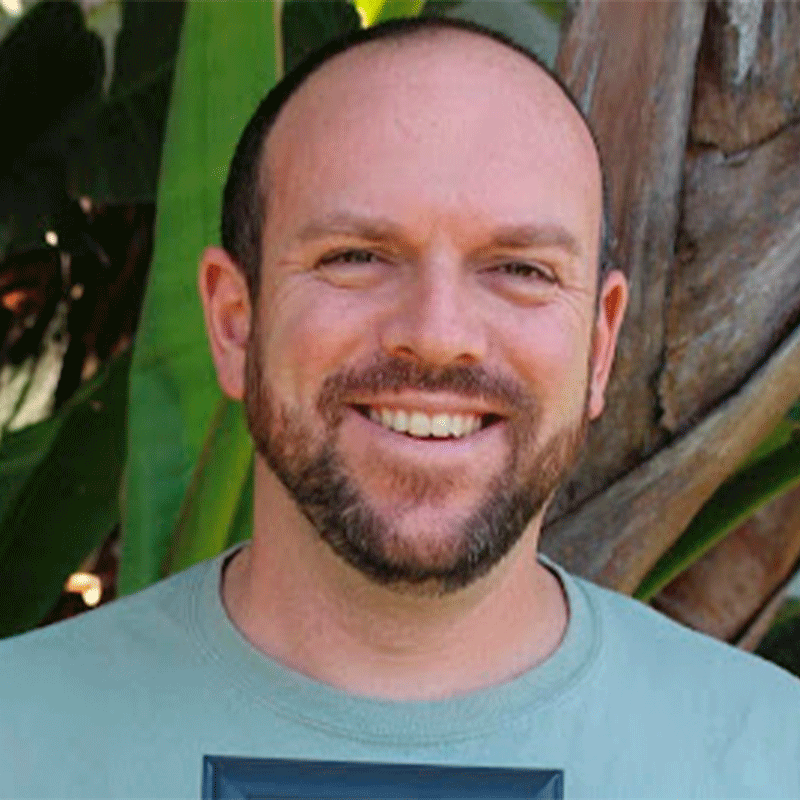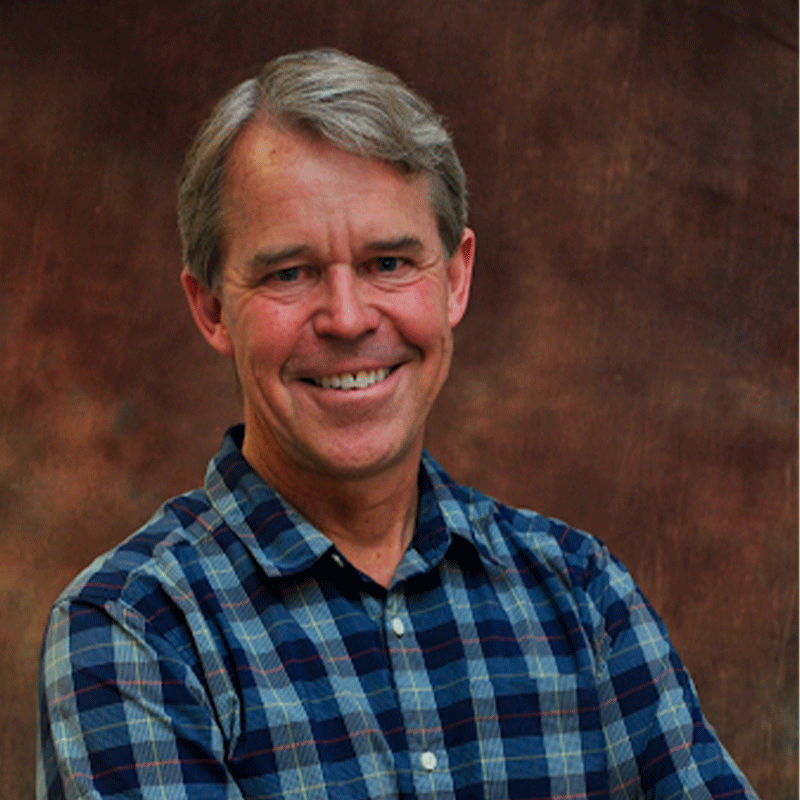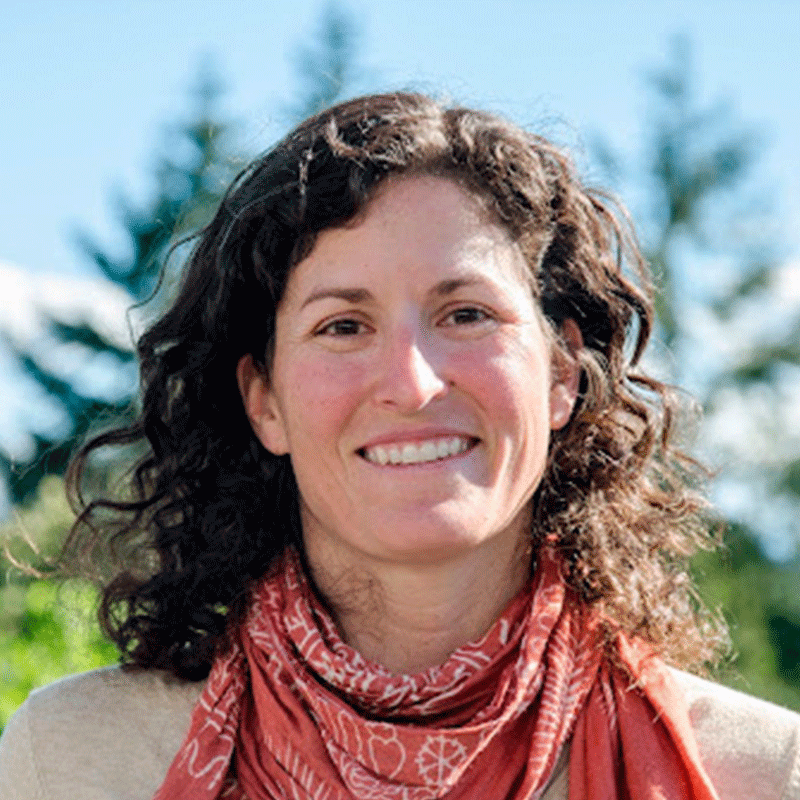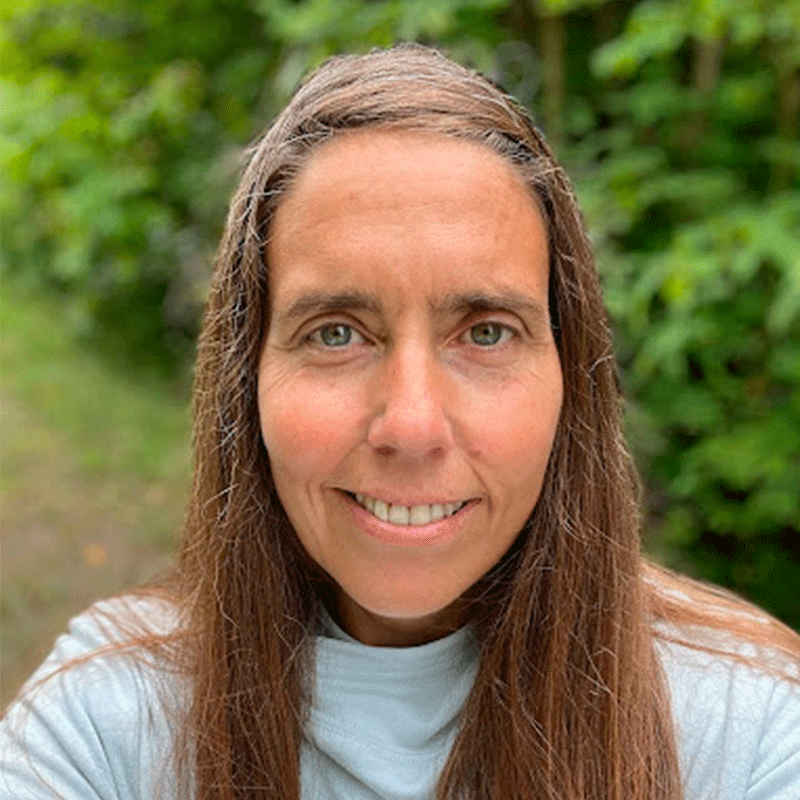We believe that the Endangered Species Act is a critical piece of legislation for biodiversity conservation and we are committed to its existence and implementation.
We recognize that conservation needs creative solutions within the ESA’s frameworks and that substantive dialogue among individuals representing different life experiences, communities, and disciplines is foundational to our collective strength and an important avenue for generating creative solutions to biodiversity loss.
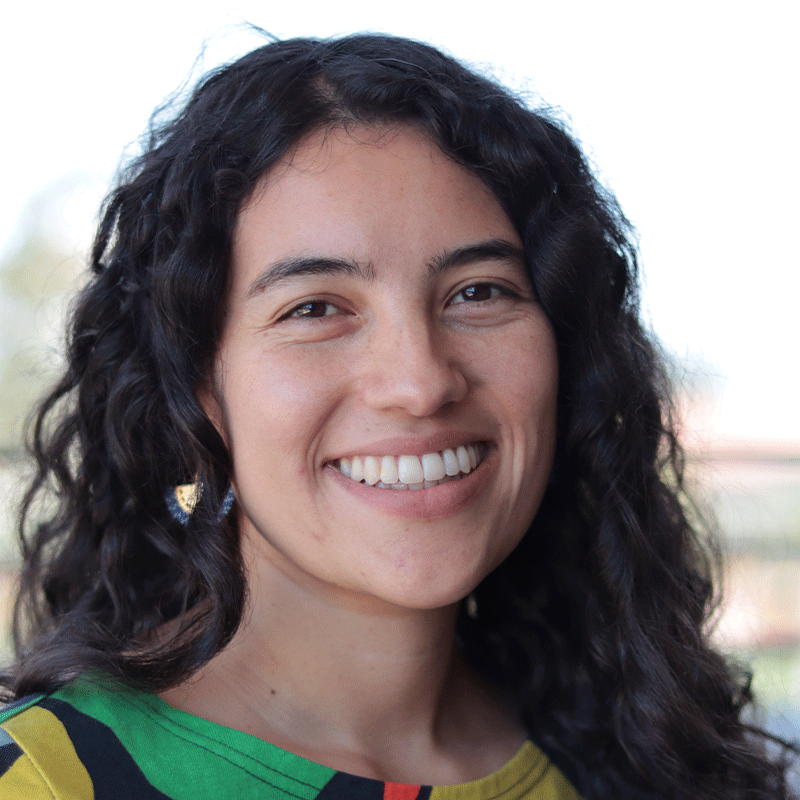
Dr. Laura Melissa Guzman is an Assistant Professor in the Department of Entomology at Cornell University. The goal of her research is to help improve insect conservation by developing statistical methods that better use all available data. Her research links ecology, data science, and conservation, with a particular focus on the environmental drivers behind changes in pollinator, bees and butterflies, distributions in North America.
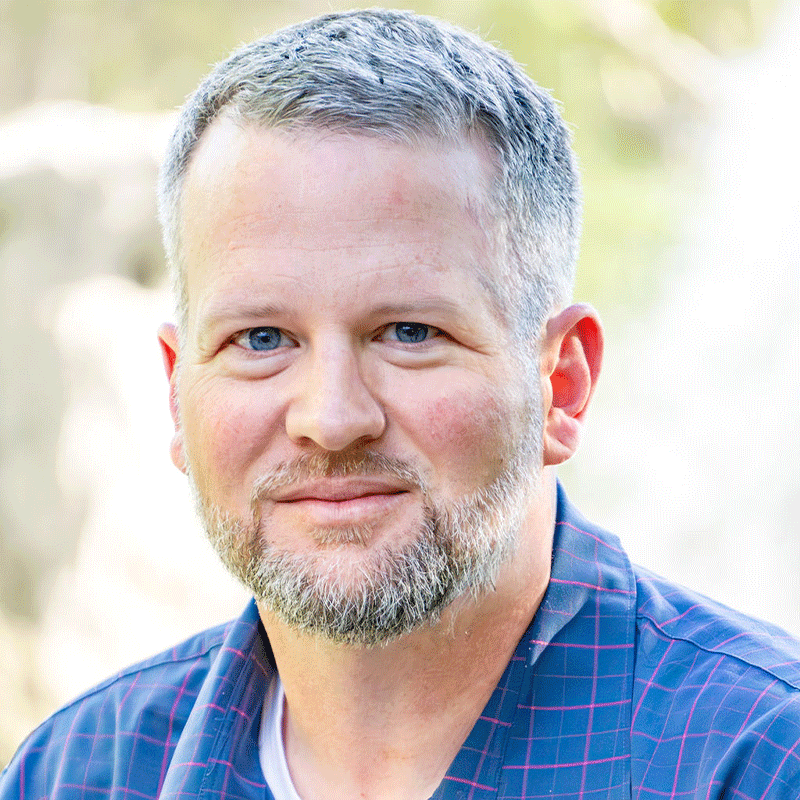
Dr. Matt Williamson is an Assistant Professor in Human-Environment Systems at Boise State University whose work focuses on how the intersection of people, their environment, and the institutions that govern them inspire (or inhibit) conservation action. He has over a decade of experience in conservation science and policy in both academic and applied contexts.
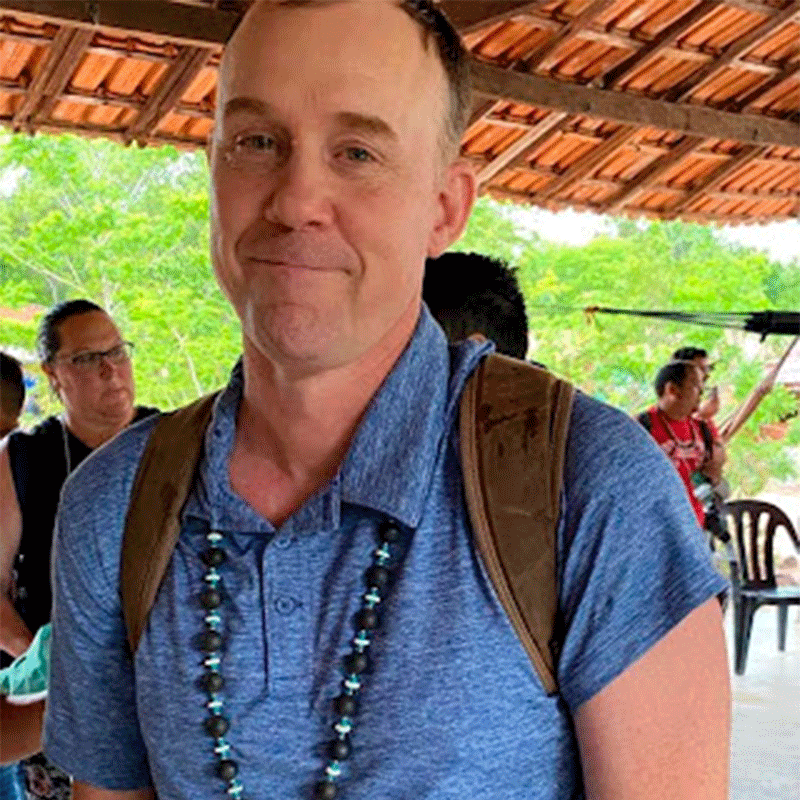
Dr. Caleb Hickman is an ecologist for the Eastern Band of Cherokee Indians managing all manner of fish and wildlife, including endangered species, to sustain biodiversity and cultural sovereignty.
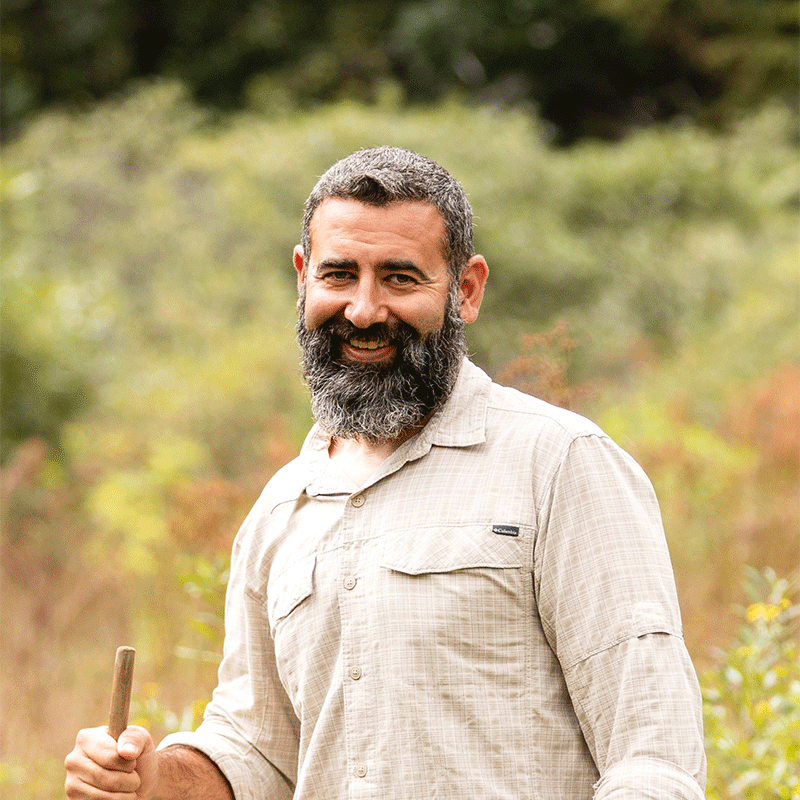
Dr. JJ Apodaca is a conservationist and geneticist. He is the Executive Director of the Amphibian and Reptile Conservancy (ARC) and the founder and lead scientist of Tangled Bank Conservation.
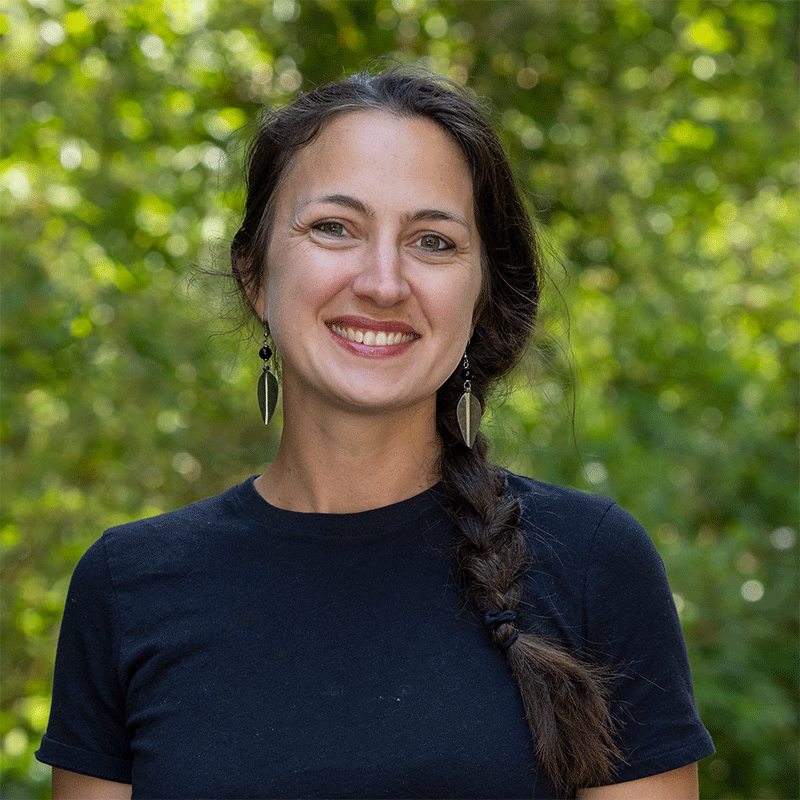
Dr. Shifra Goldenberg is a scientist in the Conservation Science and Wildlife Health department at the San Diego Zoo Wildlife Alliance. She uses behavioral and spatial ecology to inform management decisions for endangered species. Her expertise is in human-wildlife interactions, wildlife reintroductions, and human impacts on wildlife.
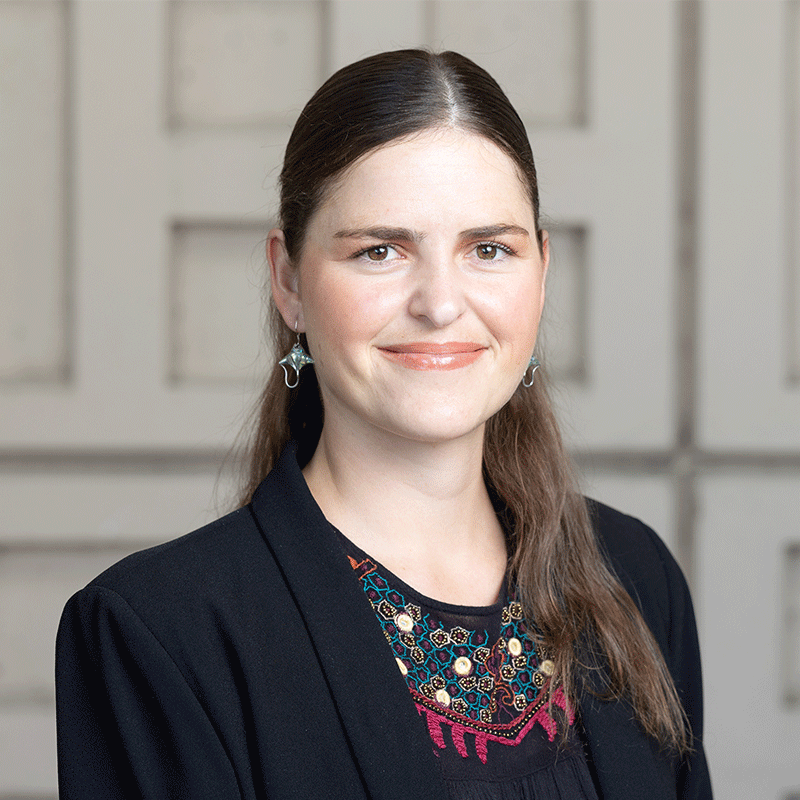
Prof. Alejandra Echeverri is an interdisciplinary conservation scientist. Expert on bird conservation, international biodiversity policy, and the psychological and cultural benefits that people derive from animals, such as the birds that represent national currencies or are symbols of national identities. She has represented youth at the United Nations Convention of Biological Diversity, is a National Geographic Explorer, a Stanford Rising Environmental Leader, and an advocate for Latinx, youth, and women in STEM.
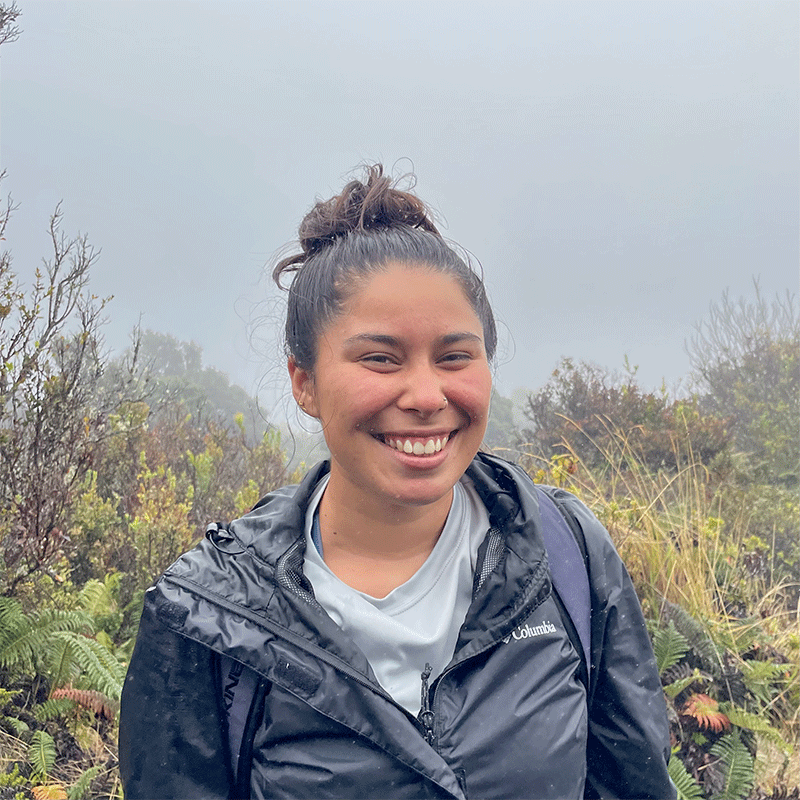
Brissa Christophersen is a Research Associate working towards achieving self-sustaining populations of critically endangered and endemic birds. Her work weaves avian expertise and indigenous knowledge into perpetuating conservation in Hawaiʻi.
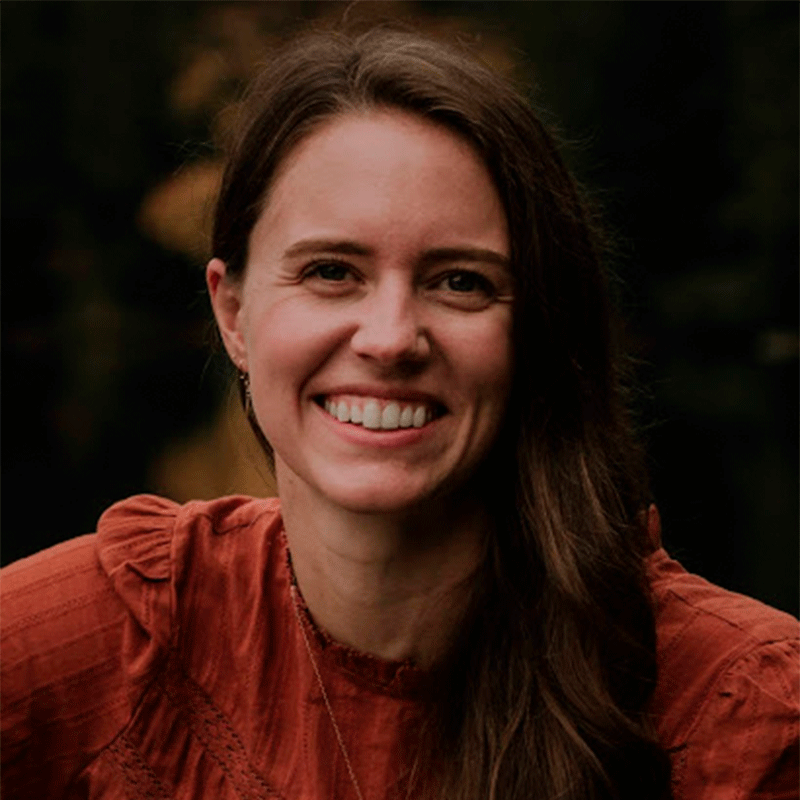

Dr. Kailin Kroetz is an Assistant Professor of Environmental and Resource Economics in the School of Sustainability at ASU and University Fellow at Resources for the Future. Her research focuses on decision-making and policy related to natural resource use and conservation. Her areas of interest and expertise include conservation planning, the economics of conservation, return on investment, and rural natural resource dependent economies.
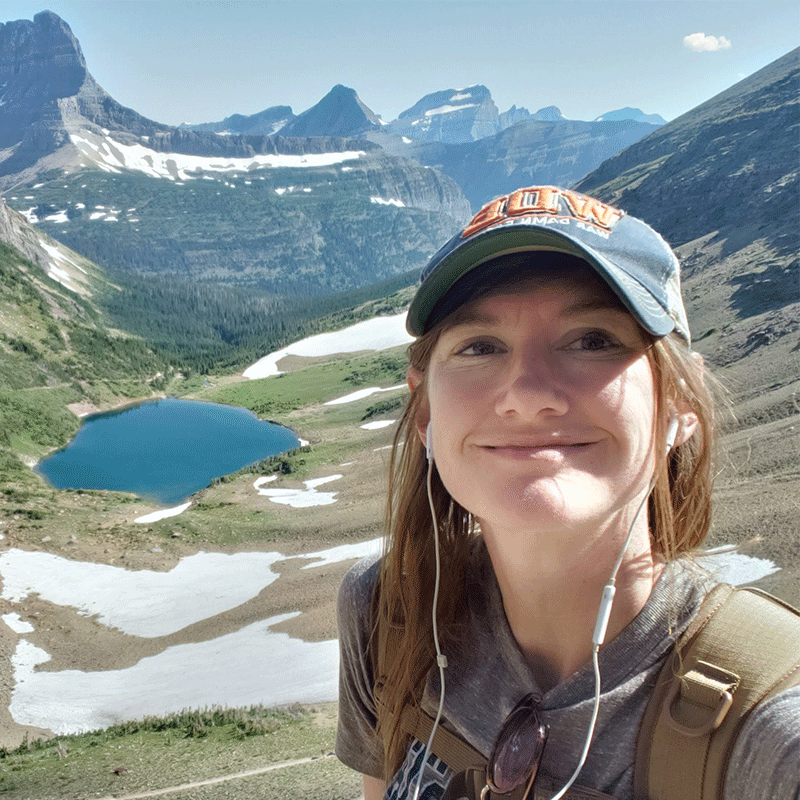
Associate Professor at the University of Wyoming.
Dr. Dunning is Director of the Conservation Governance Lab, specialized in wildlife and natural resource public policy.
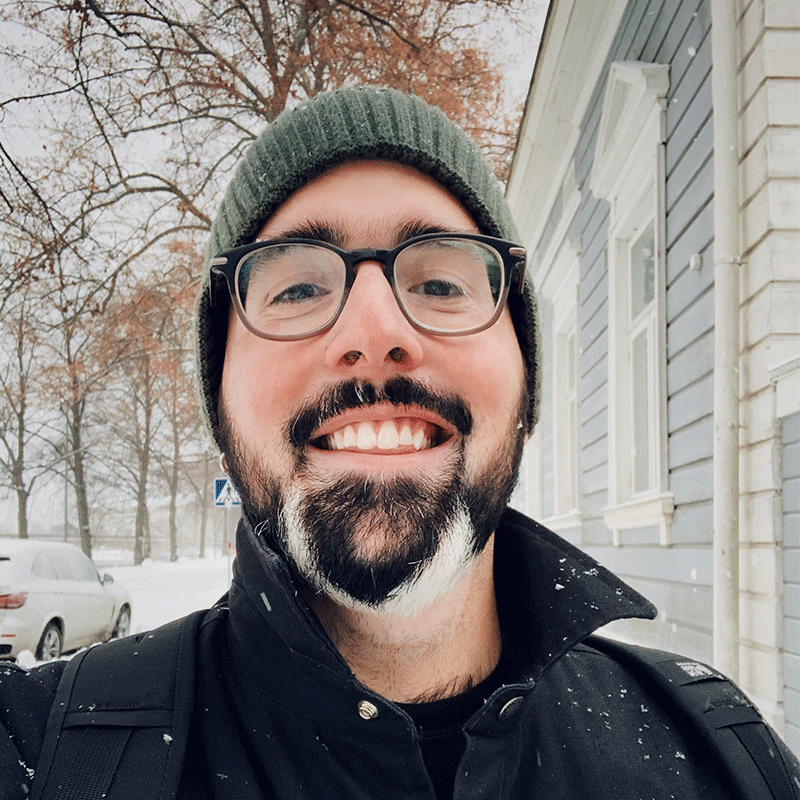
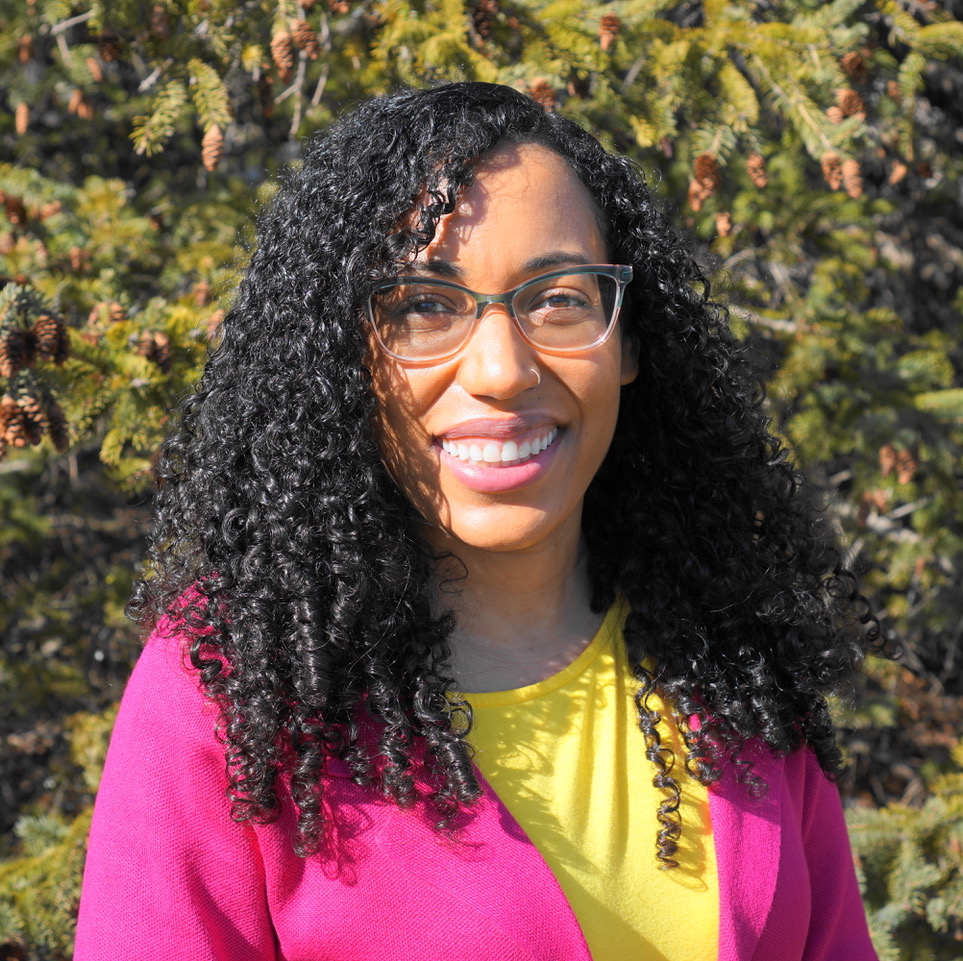
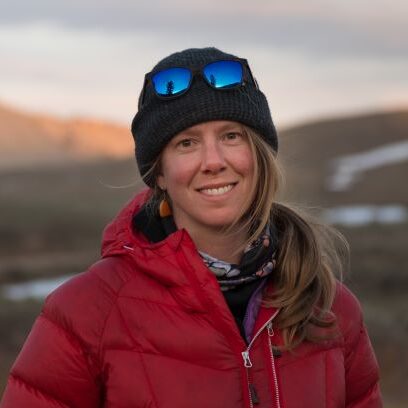
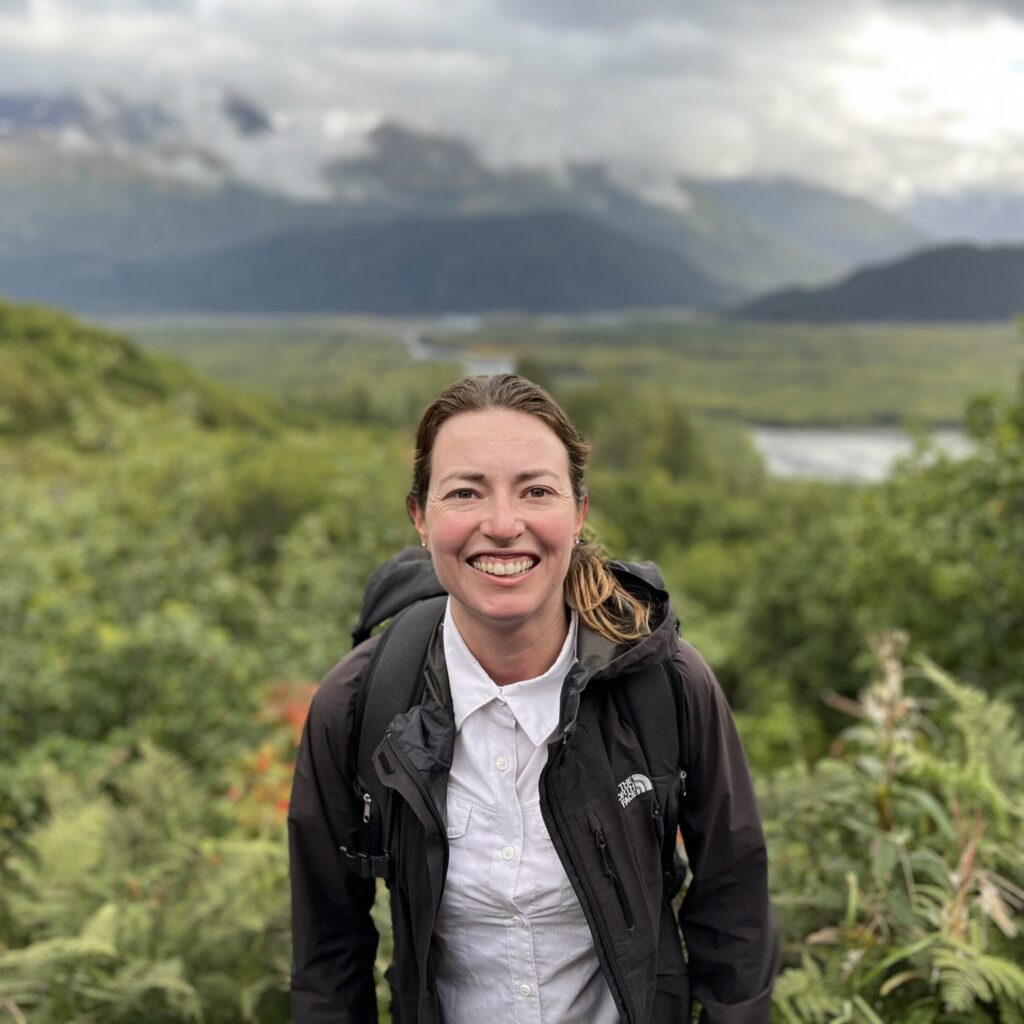
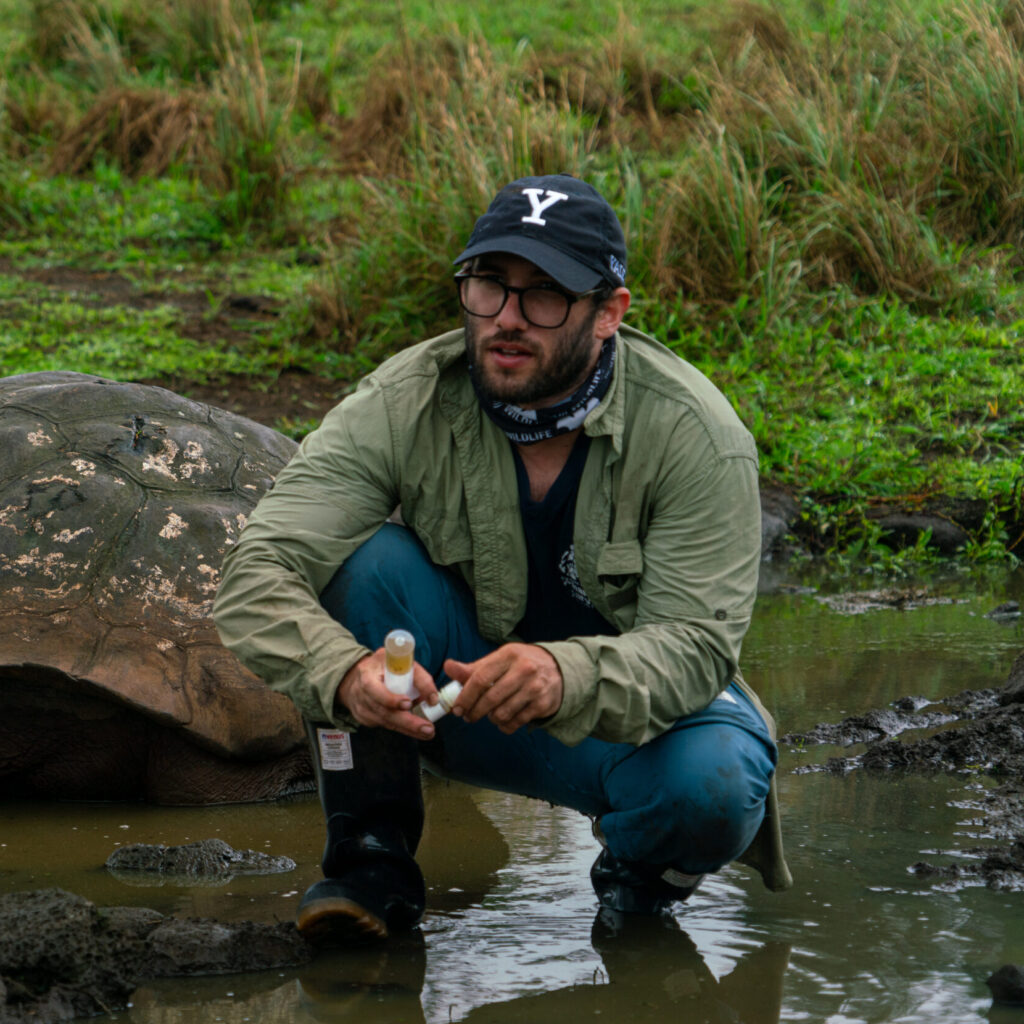
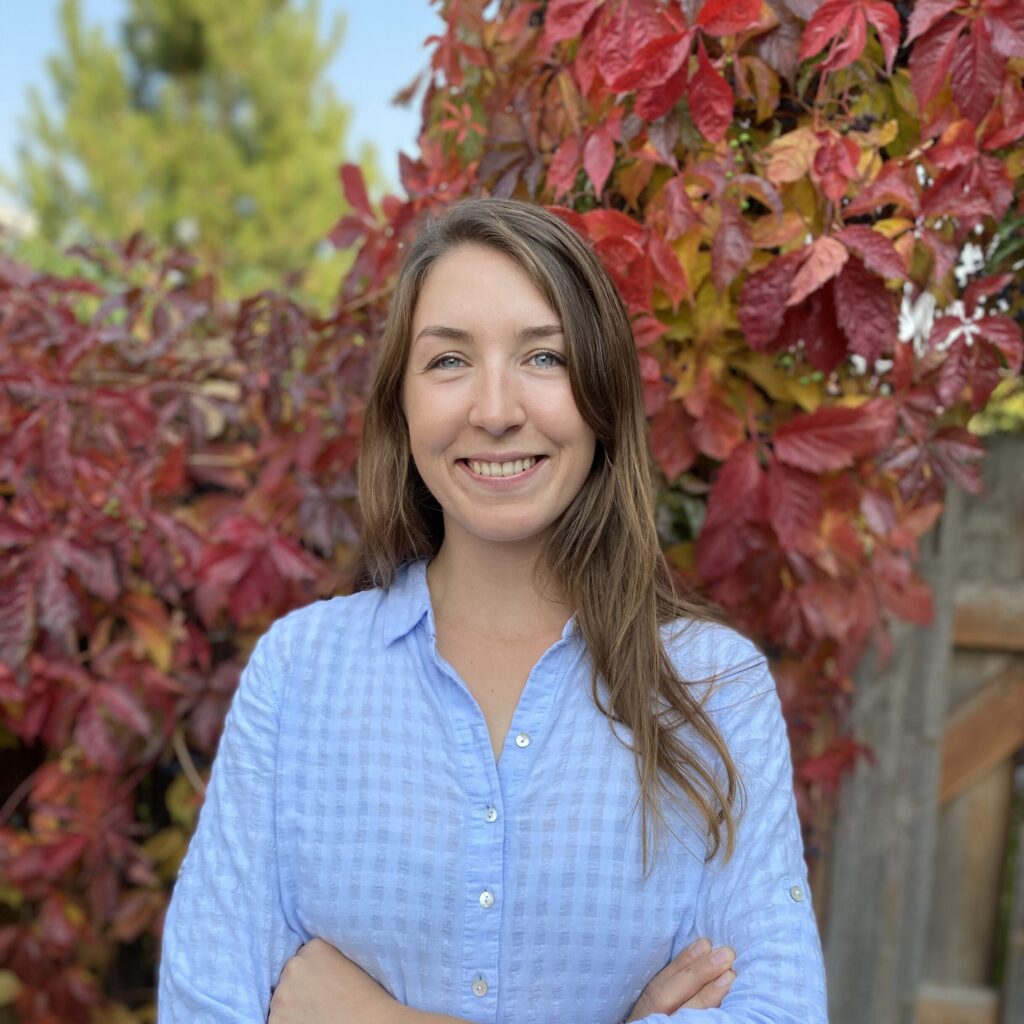
Dr. Iree Wheeler is a postdoc at the University of Wyoming. Her research interests include understanding the behavior and experiences of outdoor recreationists and managing the interactions between recreationists and biophysical resources in Parks and Protected Areas, using qualitative and quantitative social science methods. Her postdoc research focuses on engaging various stakeholders in wildlife management decision-making.
